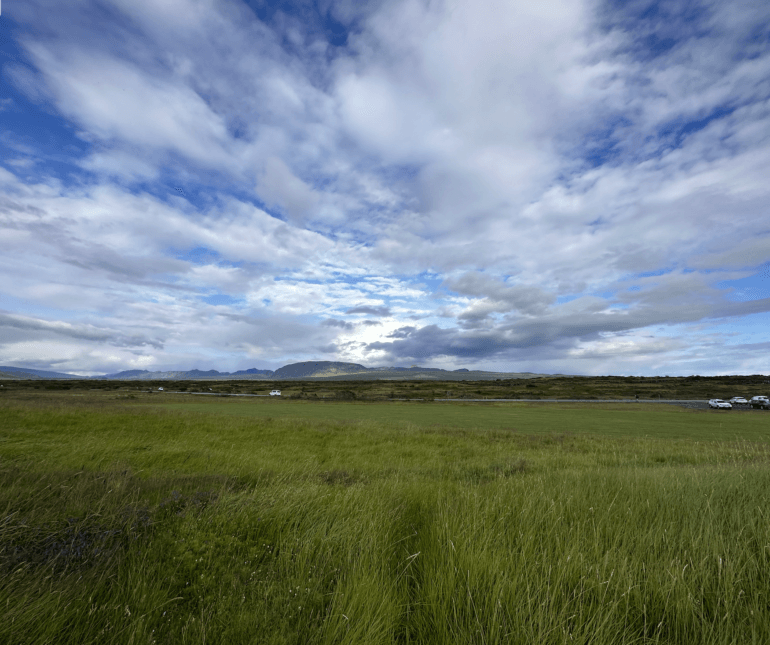
What Happens When Yom Kippur Coincides With Shabbos?
Dear Jew In the City,
This year Yom Kippur falls on Shabbat. What are the halachot concerning this?
Thanks,
Eliza
_
Hi Eliza,
Thanks for your question. When Yom Kippur falls on Shabbos, what’s different? Quite a bit when it comes to Shabbos, but surprisingly little when it comes to Yom Kippur.
Shabbos is different because all of the Yom Kippur “afflictions” are in effect. This means that things we normally do on Shabbos – in particular eating and drinking – are prohibited on this particular Shabbos.
That’s a pretty big deal.
The reason for this is because the Torah calls Yom Kippur “the Sabbath of Sabbaths” (Leviticus 16:31).
While fasts that fall on Shabbos are normally postponed, Yom Kippur is a kind of super-Shabbos, so we fast even when it falls on Saturday.
But Yom Kippur is not very different because it’s already a day with full Shabbos rules in effect. The main differences are some minor adjustments in the day’s prayers. For example, the brachos preceding Shema are different depending on whether it’s a weekday or Shabbos; the Psalm recited when returning the Torah to the aron (ark) is different depending on whether it’s Shabbos or a weekday; the Torah reading for Yom Kippur is broken into six aliyos on a weekday, but seven aliyos on Shabbos. Probably the biggest change to the Yom Kippur liturgy is the omission of the prayer Avinu Malkeinu from all services except for Ne’ilah, the concluding service.
One interesting ramification of Yom Kippur falling on Shabbos pertains to those who are ill and therefore required to eat. Normally, one is not permitted to eat on Shabbos until after reciting (or hearing) kiddush. However, reciting kiddush over a cup of wine was never instituted for Yom Kippur. Therefore, one who must eat on Yom Kippur does not recite kiddush, even when Yom Kippur falls on Shabbos. (One should have in mind to fulfill the obligation to sanctify the day when reciting to Amida.) Similarly, there is no obligation of lechem mishneh (using two challahs) for one who must eat on a Yom Kippur Shabbos.
However… one who must eat on Yom Kippur must add Yaaleh V’yavo for the holiday in bentching (grace after meals) and, when Yom Kippur falls on Shabbos, one must also add the special Shabbos insertions.
As noted, the changes to the day are actually quite minimal, the most noteworthy being the absence of food. However, spiritually speaking, one should use the occasion to direct his or her mind accordingly to the meaning of the day. Rather than viewing the confluence of occasions as a contradiction between the feasting of Shabbos and the fasting of Yom Kippur, one should remember that Yom Kippur is a “super-Shabbos” on which our usual three meals are simply not necessary because of the sanctity of the day.
Sincerely,
Rabbi Jack Abramowitz
Educational Correspondent
Follow Ask Rabbi Jack on YouTube
If you found this content meaningful and want to help further our mission through our Keter, Makom, and Tikun branches, please consider becoming a Change Maker today.







